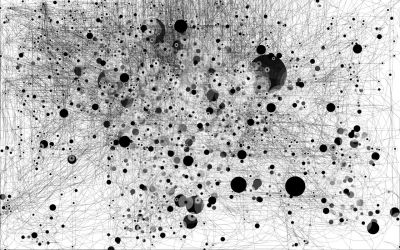
The future of computing is based on Big Data. The vast collections of information available on the web and in the cloud could help prevent the next financial crisis, or even tell you exactly when your bus is due. The key lies in giving everything – whether it's a person, business or product – a unique identifier.
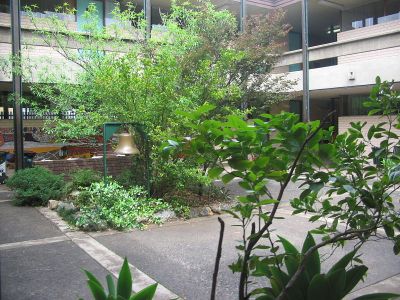
We tend to think of plants as being the first victims of pollution and climate change. But thanks to an FP7 research project, crops, forests and even the plants in your back garden could be fighting back.
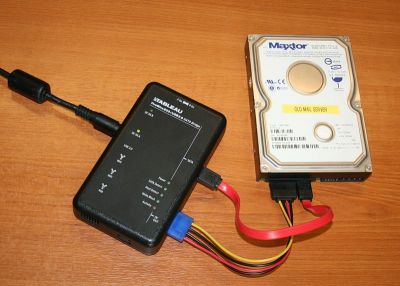
Online identification and authentication keeps transactions secure on the Internet, however this has also implications for your privacy. Disclosing more personal information than needed online when, say, you log in to your bank website may simplify the bank’s security at the cost of your privacy. Now, thanks to research by the EU-funded project Attribute-based Credentials for Trust ABC4Trust , there is a new approach that keeps systems secure and protects your identity.
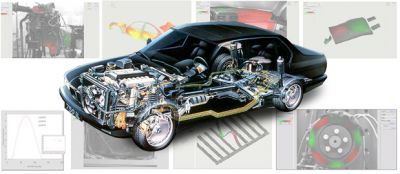
We’ve all dreaded the moment, as we’re driving along, when the car starts to shake or rumble for no apparent reason. Or wondered nervously at the shuddering of an aeroplane as it takes off or lands. But what causes such vibrations? An EU-funded project to develop sensor systems that collect vibration information is yielding potentially game-changing results.
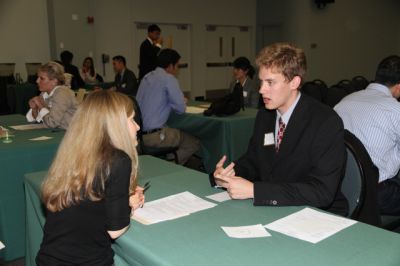
Nearly a quarter of Europe’s adults under 25 are not in education, employment or training. These so-called NEETs are struggling to get on the first step of the employment ladder in this harsh economic climate. Young adults say that they need more confidence to get through job interviews but, with opportunities so scarce, they often go into interviews feeling nervous and underprepared. Now an EU-funded research project that uses virtual reality is helping to change that.
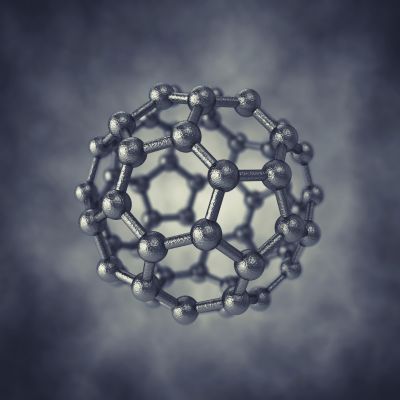
You might think that such a new 'wonder material' would lie outside your everyday experience, but graphene is the exception. When you write or draw with a pencil, the graphite (the 'lead' of the pencil) slides off in thin layers to leave a trail - the line on the paper. Carbon's ability to form a thin layer of molecules is what makes graphene special - and scientists are starting to explore the possibilities for electronics and computing of carbon grids that are just one molecule thick.
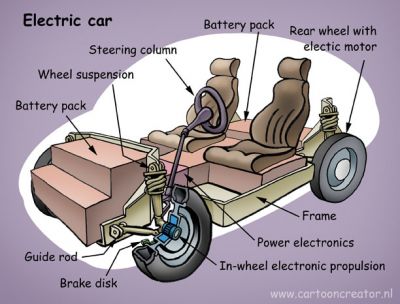
For decades, futurists have been predicting that the use of electric vehicles (EVs) will overtake conventional vehicles, providing clean, green and cheap transport for all. Although increasing numbers of electric vehicles are being sold in Europe, the internal combustion engine still remains king of the road. EU-funded researchers are trying to change that, developing technology that promises to significantly improve the range and efficiency of EVs without compromising comfort or safety.
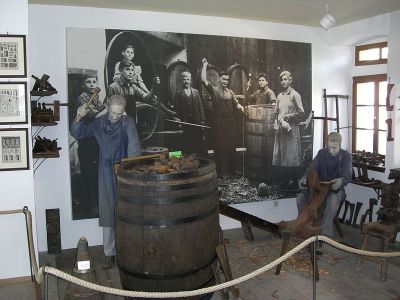
Stories are an integral part of our lives. From bedside tales as a child to a good book, film or a chat with friends, stories help define our social activities, culture and history. A team of EU-funded researchers are exploiting the power of good storytelling to engage museum visitors, helping people delve deeper and gain a clearer understanding of everything from history to science.

Text, illustrations, paintings and - more recently - photographs, video and audio recordings, much of them now digitised, recount many aspects of European history, from major international events to personal stories. Now, new technology is being brought to bear on these treasure troves of historical information, thanks to EU-funded researchers whose work promises to shed new light on the past.
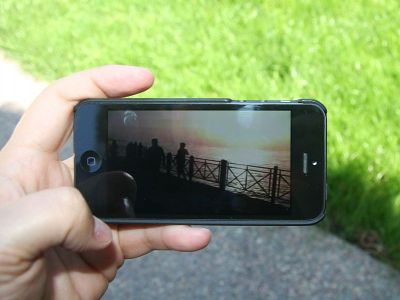
Ever been to a rock concert and wished you could experience it again, just as it was… or better? This may be possible soon thanks to an EU-funded research project, SCENENET , which is developing the technology to combine mobile feeds from different spectators around the arena to reconstruct the event in 3D.
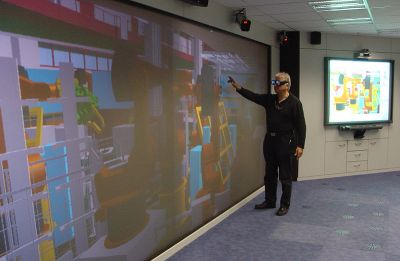
Have you ever wished you had a virtual time machine that could show you how your street looked last century? Or have you wanted to see how your new furniture might look, before you’ve even bought it? Thanks to VENTURI, an EU research project, you can now do just that.
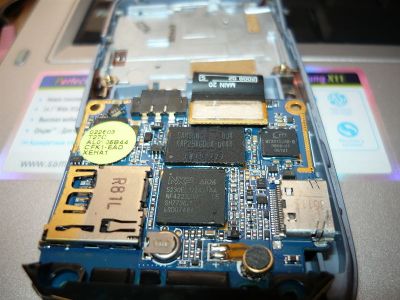
Computers have been doubling in performance every two years for the last forty years but we are reaching the physical limits of what we can achieve with current semiconductor technology. An EU initiative for High Performance Computing (HPC) is looking to shake up the way in which computer processors are designed and made. The good news is that computers with higher performance will also lead to less power consumption; a win for computing and a win for the environment.
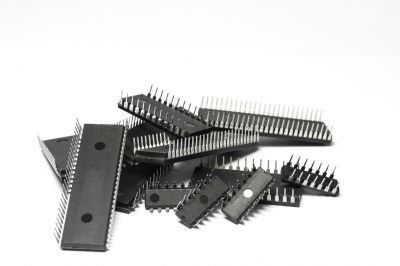
Moore's Law - which holds that the number of transistors on an integrated circuit, and hence its processing power, doubles every 18 months - has been the guiding principal of chip design for almost half a century. But with physical limitations to further transistor scaling being reached, Moore's Law may have met its match. We are entering a 'More than Moore' world in which EU-funded researchers are playing an important role.
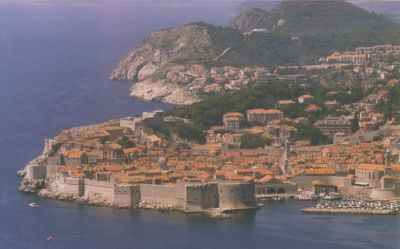
The newest member of the European Union is already a player in European research. Croatia does well in R&D, with a respectably high participation rate in the European research Framework Programmes, given its size and non-EU status at the time. In 'information and communication technologies' (ICT), it is already at the forefront - participating in pioneering projects in robotics and intelligent transport infrastructure.

Lifelong learning has emerged as an essential ingredient for success in our knowledge-intensive society. For many people, this is synonymous with short or post-graduate courses. But a new approach by European researchers proves that learning can and should be an integral part of working life.

Have you ever seen an engineer conducting an imaginary orchestra? We think of scientists working in a lab, but Professor Tapio Lokki, of the Aalto University School of Science in Finland, has spent the last few years visiting concert halls and making meticulous measurements of their characteristics. 'Karaoke' is Japanese for 'empty orchestra' – and in some ways that is what he has created to help his studies. The research could lead to improved building designs and a form of audio 'Augmented Reality' (AR).

Book a flight online, perform an internet banking transaction or make an appointment with your doctor and, in the not-too-distant future, the 'Internet of Services' (IoS) will come into play. A paradigm shift in the way ICT systems and applications are designed, implemented, deployed and consumed, IoS promises many opportunities but also throws up big challenges - not least ensuring security and privacy, issues currently being tackled by EU-funded researchers.
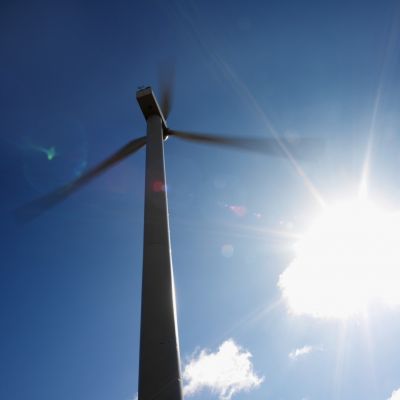
'Smart Grids' are the future of electricity supply, allowing consumers to become interactive participants in a supply network that includes decentralised as well as centralised power generation. 'Information and communication technologies' (ICT) will help consumers manage and minimise their energy consumption - and allow electricity suppliers to match supply with demand. An EU-funded project has developed ways to collect and analyse the real-time information on energy consumption and generation which will be needed.
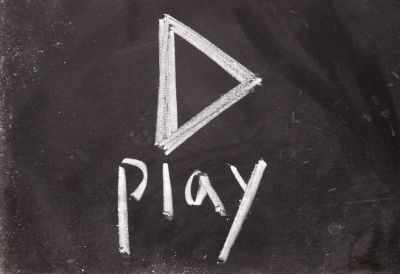
In the current economic environment, highly skilled, productive and efficient workers are among a company's best assets. But keeping employees at peak performance and teaching them new skills requires effective life-long learning. A technology-enhanced approach to learning, combining elements from serious games and learning theories, now being developed by EU-funded researchers.
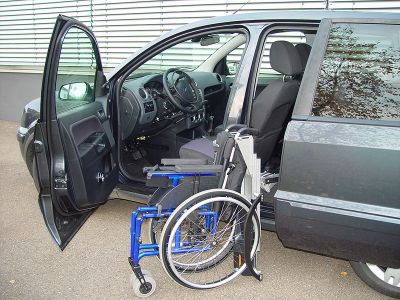
'Assistive technologies' (AT) have developed rapidly in recent years, allowing people with motor disabilities to live more independent and comfortable lives. Now assistive technology systems that can open a door, turn on a light or connect to the internet at the blink of an eye, a head movement or even a thought, are being made more flexible and customisable for individual users - thanks to the work of EU-funded researchers.

As more services are delivered online, outsourcing and other distributed business solutions will become more common. But will they be as reliable? EU-funded researchers are laying the foundations — models, architectures and controls — so that online business relationships can be made secure and trustworthy. For example, hospital IT systems can be made available to all stakeholders — nurses, doctors, pharmacies, patients and relatives — while keeping sensitive data and medical information secure.
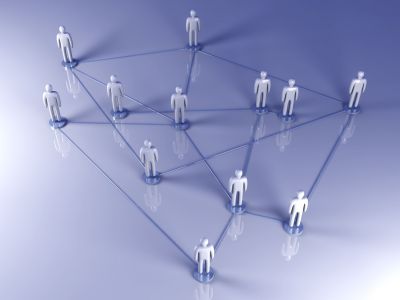
A liberal interpretation of the term 'information and communication technologies' (ICT) could easily connect some of the earliest examples to Portugal. How? Thanks to Portuguese technological advances in mapping and navigation, its seafarers were able to discover and later communicate (by sea) with the new network of colonies. Today, Portuguese researchers remain at the forefront of modern networking technology and a good many other ground-breaking fields, from robotics to radio and wireless developments.
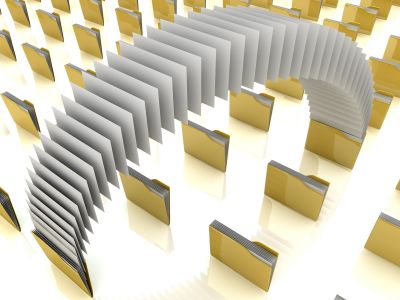
Archiving has long been considered a passive process: put the things you want to keep in a cool, dry place and forget about them until needed. But in the digital era, in which photos, videos, documents and other content are on hard drives, flash disks or on servers in ‘the cloud’ rather than in boxes in a cellar, archiving requires a much more active approach. EU-funded researchers are addressing the problem.

The rapid, exponential growth of internet traffic means investment in infrastructure, new technologies and paradigms for getting content to users are needed. EU-funded researchers are pushing these boundaries - changing the way content is delivered so that users can access high-definition (HD) and three-dimensional (3D) video on demand.

Sometimes good things come in small packages and this is indeed true of Luxembourg when it comes to information and communication technologies (ICT). Take the example of broadband rollout. Being a small country means there is less territory to cover, so ultra-fast fixed-line internet connections are widely available and mobile broadband penetration is one of the highest in the EU at 64.8 %, and growing.
























